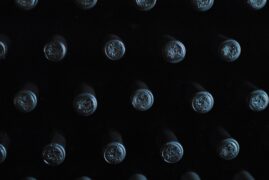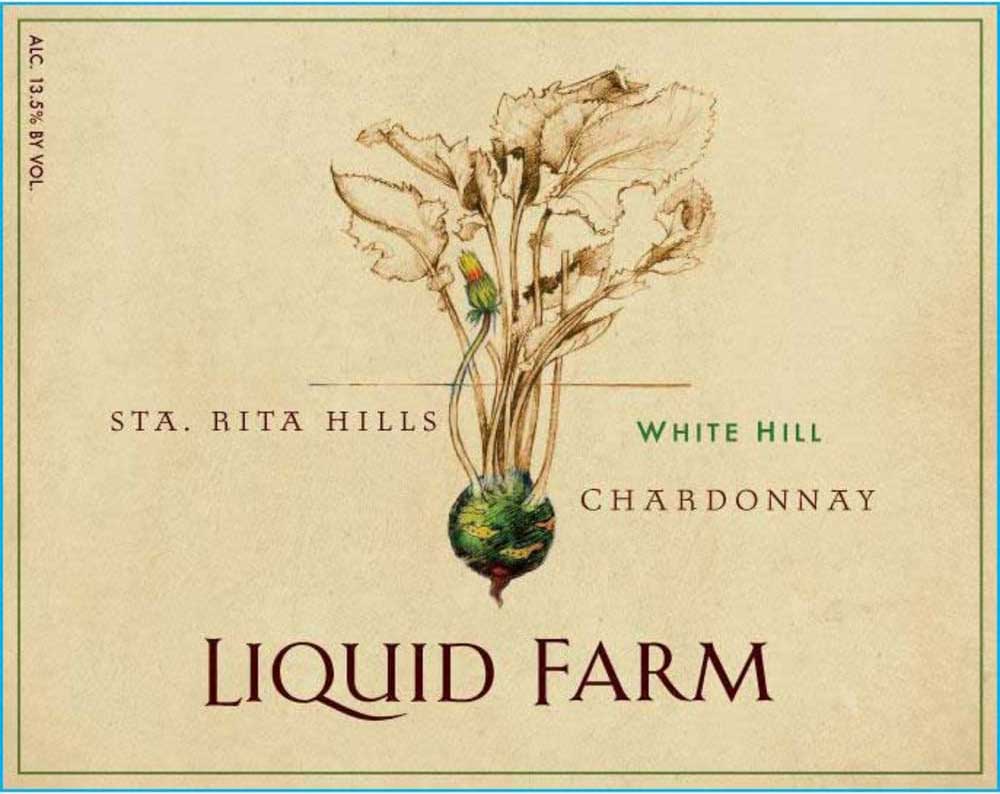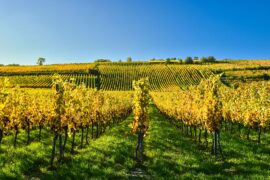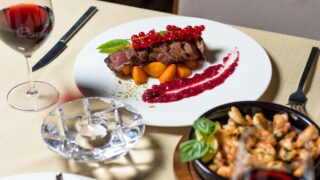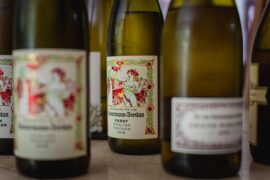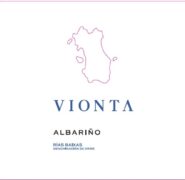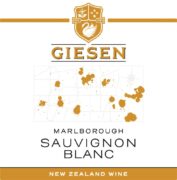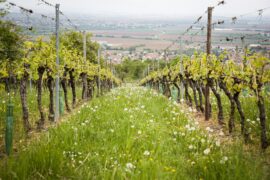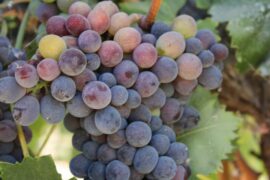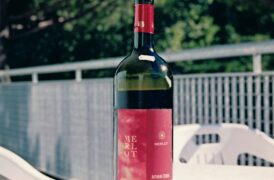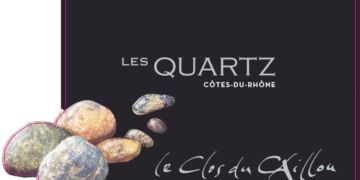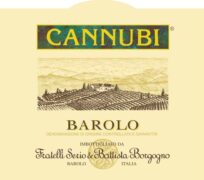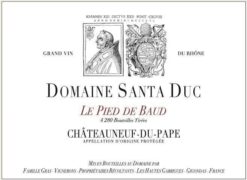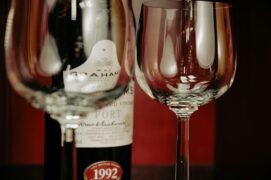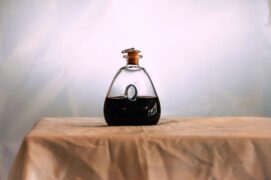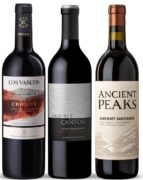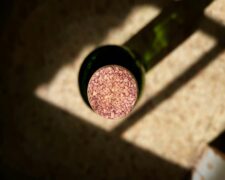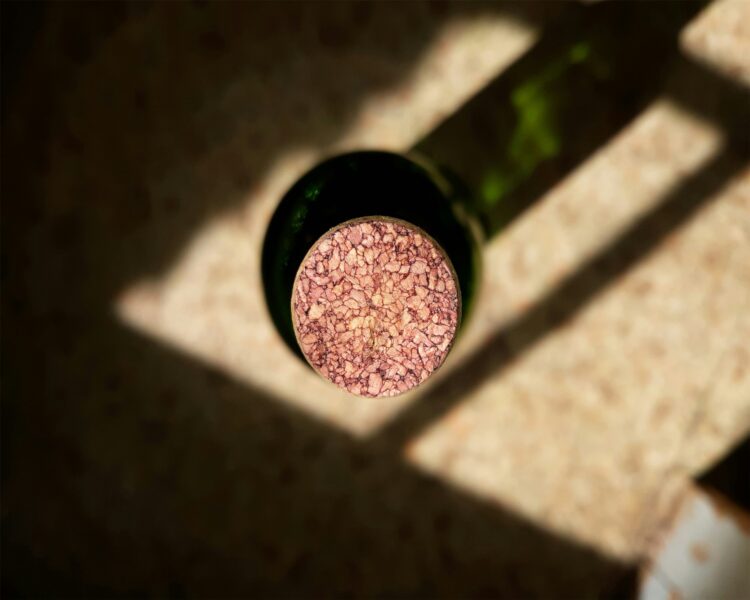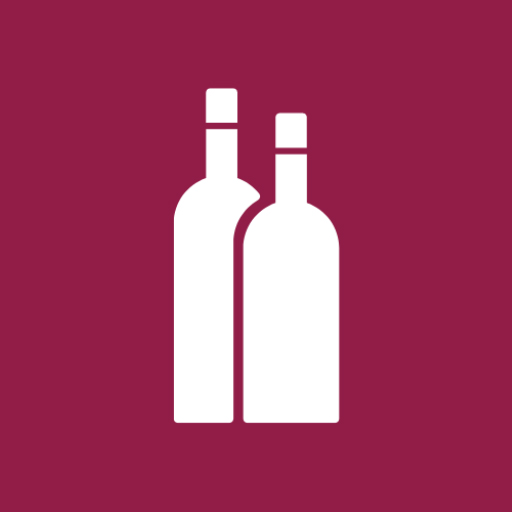Cork plays a crucial role in the wine industry, not just as a traditional closure but as a key contributor to the wine’s aging process, flavor development, and aroma preservation. Made from the bark of the cork oak tree, this natural material is valued for its unique properties that make it ideal for sealing wine bottles. Understanding why cork creates space, aids in the aging process, and enhances the aromatic profile of wine can deepen our appreciation of this time-honored choice.
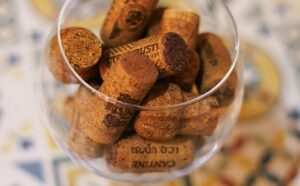
Oxygen Management and Space Creation
One of the primary reasons cork is favored in winemaking is its ability to manage oxygen ingress. A cork stopper provides a tight seal while allowing a minimal amount of oxygen to interact with the wine over time. This controlled oxygen exposure is essential for the aging process, as it helps the wine to develop complexity, soften tannins, and integrate flavors. The cellular structure of cork, with its tiny air pockets, creates a micro-space between the wine and the external environment, which facilitates this gradual and delicate interaction with oxygen.
Enhancing Aromas and Flavor Development
Cork’s role extends beyond simply sealing the bottle; it actively contributes to the wine’s aromatic profile. The small amount of oxygen that permeates through the cork can help release volatile aroma compounds within the wine, allowing it to evolve and mature. This slow aging process can enhance the wine’s bouquet, bringing out nuanced scents and flavors that are often described as complex, mature, or harmonious. Wines sealed with cork are typically found to have more vibrant and layered aromas compared to those sealed with synthetic closures, which often provide an airtight seal and limit oxygen exchange.
Natural Preservation and Sustainability
In addition to enhancing the wine’s aromas, cork also serves as a natural preservative. Its elasticity and impermeability prevent significant external factors like bacteria or excess air from spoiling the wine. This natural resilience ensures that the wine remains intact and continues to age gracefully in the bottle. Furthermore, cork is a sustainable, biodegradable material, making it an environmentally friendly choice compared to synthetic alternatives. The use of cork supports biodiversity and the conservation of cork oak forests, which are critical to many ecosystems.
In summary, cork’s unique properties of oxygen management, aromatic enhancement, and natural preservation make it an indispensable element in winemaking. It not only creates space within the bottle to facilitate slow, controlled aging but also plays a vital role in enhancing the wine’s aroma and flavor profile, adding to the overall sensory experience of wine lovers around the world.

